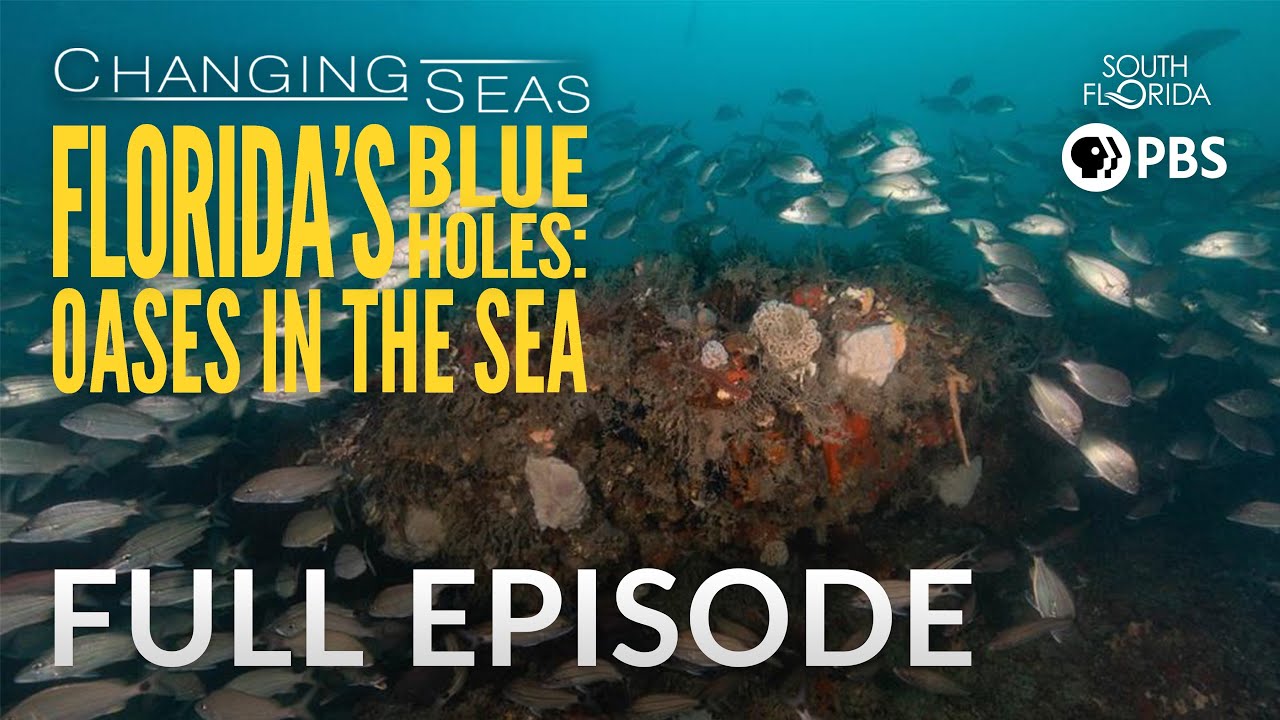You are your microbes - Jessica Green and Karen Guillemin
Summary
TLDRThe human body is a bustling ecosystem teeming with unique microbial communities. Each person's gut is a distinct habitat, with microbes playing diverse roles in breaking down food and releasing energy. Factors like genetics and diet shape these microbial landscapes, which can impact health. A varied diet rich in complex plant-based foods may support a healthy microbial balance, underscoring the mutual dependency between humans and their microscopic inhabitants.
Takeaways
- 🌱 Humans are not alone in our bodies; we host millions of microscopic beings.
- 🌎 Each person's body is a unique habitat for diverse microbial communities.
- 🦠 Microbes reside in various parts of our body, from skin to mouth and gut.
- 🥬 Cellulolytic bacteria in our gut help break down cellulose from vegetables into sugars.
- 🔥 Respiratory microbes use these sugars as fuel, releasing energy in the process.
- 🍻 Fermenters convert sugars into chemicals like alcohol and hydrogen gas, extracting energy.
- 🌈 Syntrophic microbes survive by utilizing the waste products of fermenters.
- 🌡️ Gut microbial communities vary, impacting how efficiently we process food.
- 🍎 A diet of complex, plant-based foods can support a diverse microbial ecosystem.
- 🏥 Reduced microbial diversity in the gut is associated with diseases like diabetes and chronic inflammation.
- 🌟 Understanding our gut microbes can lead to insights on personal health and well-being.
Q & A
What is the significance of the microbial communities living in our bodies?
-Microbial communities in our bodies are significant because they play various roles in our health, such as breaking down food, extracting energy, and contributing to our overall well-being.
How does the diversity of microbes in our bodies vary from person to person?
-The diversity of microbes in our bodies varies due to factors like genetic makeup and the microbes we encounter throughout our lives, resulting in each person having a unique microbial ecosystem.
What role do cellulolytic bacteria play in our digestive system?
-Cellulolytic bacteria break down cellulose, a common compound in vegetables, into sugars, which are then used by other microbes for energy production.
How do respirators in our gut contribute to the digestion process?
-Respirators snatch up simple sugars and use them as fuel, releasing energy that is absorbed by the cells of the digestive tract.
What are fermentors and what do they do in our gut?
-Fermentors extract energy from sugars by converting them into chemicals like alcohol and hydrogen gas, which are expelled as waste products.
What is the function of syntrophs in the gut microbial community?
-Syntrophs live off the waste products of fermentors, utilizing the byproducts to extract additional energy within the gut ecosystem.
How does the food we eat influence the gut microbial community?
-The food we eat influences the gut microbial community by supporting the growth of certain microbes that can break down the complex molecules found in the food.
Why is a diverse gut microbial community important for health?
-A diverse gut microbial community is important for health because it can process food more effectively and is associated with a reduced risk of diseases like diabetes or chronic gut inflammation.
What happens to the gut microbial community when we consume simple molecule foods like a lollipop?
-Consuming simple molecule foods like a lollipop can put some microbial workers out of a job, leading to a decrease in microbial diversity as these workers leave the gut.
How can lifestyle changes affect our gut microbial ecosystems?
-Lifestyle changes, such as eating a varied diet of complex, plant-based foods, can help revitalize our microbial ecosystems, promoting a healthier gut and overall health.
What is the relationship between gut microbes and our personal identity and well-being?
-Gut microbes interact with our bodies and contribute to our personal identity and well-being by influencing our health, digestion, and possibly even our behavior and mood.
Outlines

This section is available to paid users only. Please upgrade to access this part.
Upgrade NowMindmap

This section is available to paid users only. Please upgrade to access this part.
Upgrade NowKeywords

This section is available to paid users only. Please upgrade to access this part.
Upgrade NowHighlights

This section is available to paid users only. Please upgrade to access this part.
Upgrade NowTranscripts

This section is available to paid users only. Please upgrade to access this part.
Upgrade NowBrowse More Related Video

Human Microbiome and Normal Flora of Human Body

FUNCTIONALLY PROFILING METAGENOMES AND... - Eric Franzosa - Late-Breaking Research - ISMB 2016

Birth of Planet Earth || 4k

Deep-Sea Microbes: The Unseen Architects of Earth's Climate

Florida's Blue Holes: Oases in the Sea - Full Episode

Amazon: Panggung Pertarungan Diam-Diam Antar Spesies
5.0 / 5 (0 votes)